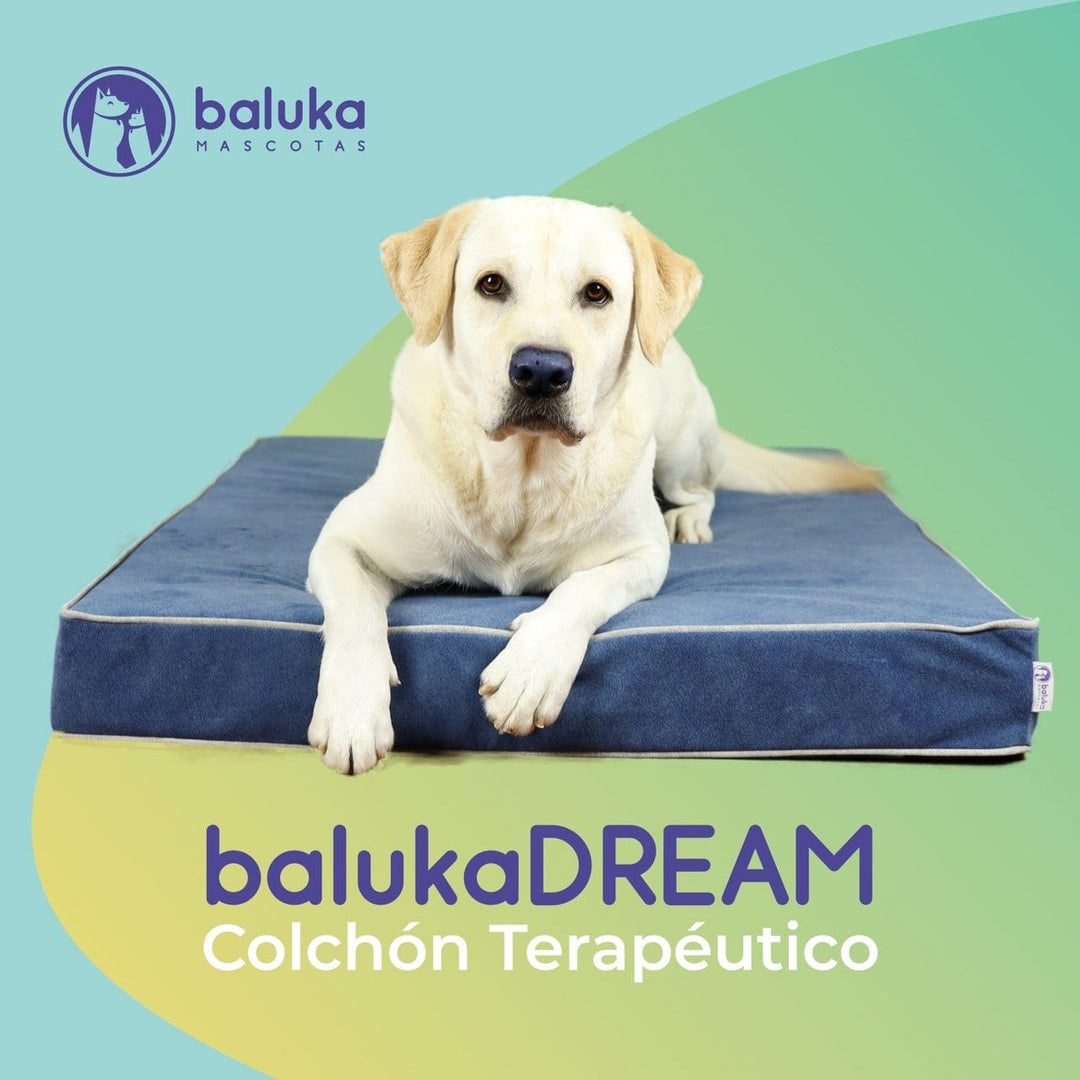You may have seen cats eating practically everything, but you must understand that this phenomenon is not natural, since felines are carnivores. Taking care of their diet is very important to preserve their health, and that's where the idea of the BARF diet for cats came from. Let's see what it consists of, why it is beneficial, what foods it is composed of and what are the doses to be administered.
BARF diet for cats: what is it and what are its benefits?
BARF stands for Biologically Appropriate Raw Food (in Spanish, ACBA: Biologically Appropriate Raw Food). It is a feeding method based on the idea that the cat's diet consists mainly of raw meat.
The explanation of why the BARF diet can benefit cats is to be found in their very nature. Cats are hunters due to their feline condition, and that makes them strict carnivores, which means that their organisms are prepared for the ingestion of raw meat from their prey (mice, lizards, birds...).
Nowadays we can find in the market numerous cat foods, which are also beneficial for their health due to the nutritional content they provide. However, the BARF diet proposes that processed foods should not be the basis of their diet. Why? For three fundamental reasons:
- Cats' stomachs contain a high amount of very aggressive acids capable of adequately dissolving the food they eat and eliminating toxins or residues typical of raw meat or even in a certain state of putrefaction (bacteria, worms, parasites...). This is something unthinkable for people, who can be immediately intoxicated if we ingest raw meat.
- The cat's organism is prepared to tolerate the ingestion of raw food. The reason why they can also ingest processed food or other cooked food is to adapt to the environment. In their evolutionary process, cats have been able to tolerate foods that were not part of their normal diet. Let's say that cats have "become accustomed" to eating other foods, but this does not mean that it is appropriate to eliminate from their diet what their own nature has prepared them for.
- Their nutritional needs are therefore in line with their genetic predisposition. Scientific studies show that a cat's diet should consist of 60% protein, 30% fat and just 10% carbohydrates. What better source of protein than meat? It is as if people were systematically trying to replace our natural nutritional sources with preprocessed foods.
The main advantage of the BARF diet is that it is totally customizable and adaptable to the characteristics of each cat. There are no stipulated rations or quantities, and each cat will be individually analyzed to determine the structure of its natural diet.
Vitamins For Cats with Natural Anti-inflammatory
A plus of VITality
The VITamins your cat needs
Turmeric, the most potent natural anti-inflammatory
What foods should the BARF diet for cats include?
Cats not only eat lean meat, but also viscera (lungs, liver, heart), skin and part of the bones. In fact, they eat almost everything! In fact, the intake of these parts helps them maintain optimal levels of dietary fiber and calcium.
Aware of the difficulty of acquiring and carefully preparing all these cat foods, BARF product manufacturers already have some products prepared directly for consumption, with more or less standard quantities and which can be frozen.
However, you can always add certain vitamin supplements, such as the balukaVITcomplex, developed on the basis of turmeric and containing vitamins, amino acids and minerals. In this way, your cat will ingest proteins in the best possible way and will not be deprived of other nutrients very necessary for its development.
What is the recommended daily amount of BARF diet for cats?
The portions of the BARF diet may vary depending on the breed, age, sex or pre-existing conditions of the cat. This means that there is no standard recommended daily amount for all cats, and you will need to seek guidance from an animal nutritionist.
You may be surprised that we haven't mentioned the veterinarian yet. The thing is, the BARF diet is not very popular with veterinarians, but that doesn't mean they advise against it. On the contrary, they will be the ones who can best guide you on what amounts and types of meat will be best for your cat, and also on the practices not recommended (for example, if your cat suffers from a congenital or hereditary disease that makes it inadvisable to eat certain foods).
The BARF diet for cats is an increasingly widespread idea among nutritionists and owners themselves, who are committed to giving them food in the form in which they would normally find it in nature. The best advice we can give you is to find out about the particular nutritional needs of your cat, and supplement your cat's BARF diet with our vitamin supplement.
















